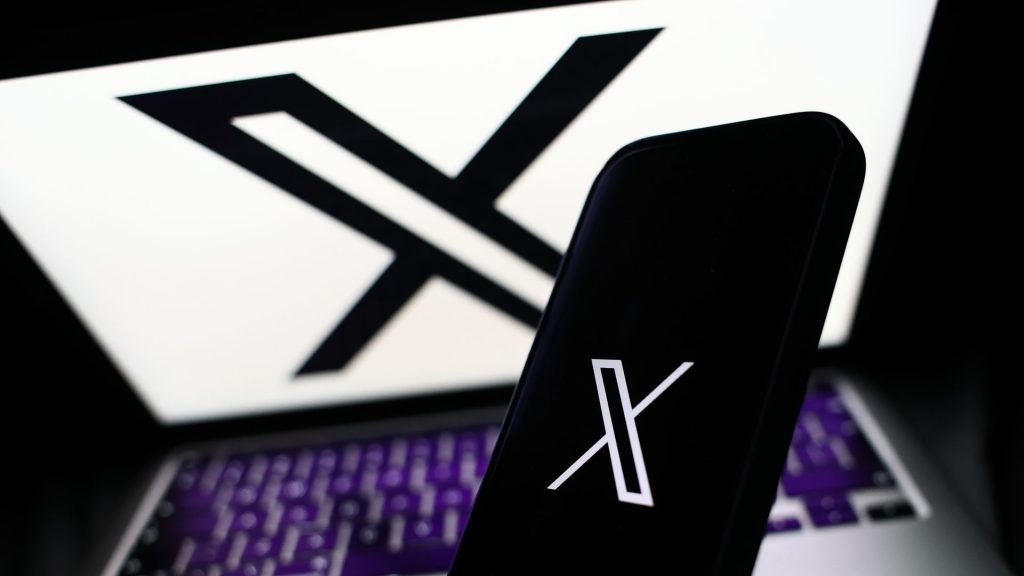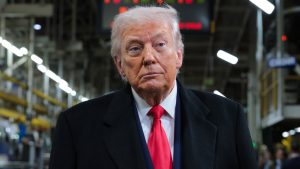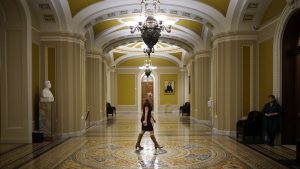Elon Musk’s X sues Minnesota to stop law banning ‘deepfakes’ generated by AI
Ella Greene April 24, 2025 0
A Minnesota law that took effect in 2023 banned the use of technology like artificial intelligence to create images known as “deepfakes.” Now, social media platform X is challenging the statute in federal court. The legislation specifically targets the election season and anyone creating AI-generated content with the purpose of influencing others.
X sues Minnesota over state law
X Corp., a company owned by Elon Musk, filed the complaint on Wednesday, April 23, alleging the law breaks the Constitution and violates the free speech rights of its platform. Minnesota Attorney General Keith Ellison, D, is named as a defendant.
The complaint claims the statute, “Violates the First and Fourteenth Amendments of the United States Constitution, because its requirements are so vague and unintelligible that social media platforms cannot understand what the statute permits and what it prohibits, which will lead to blanket censorship, including of fully protected, core political speech.”
The law defines deepfakes as video, audio or still images of any person who has not consented to the content. Especially when the imagery is, “So realistic that a reasonable person would believe it depicts speech or conduct of an individual who did not in fact engage in such speech or conduct.”
In particular, the idea is centered around candidates running for an elected position, where deepfakes can influence the community on how to vote.
Law prohibits sharing of deepfakes
The lawsuit also challenges the criminal liability associated with breaking the law. As written, anyone who shares a deepfake within 90 days of an election could face legal intervention. Specifically, if the intent was to harm a candidate’s reputation or influence the outcome of an election.
Court documents state, “Under this enforcement system, platforms that keep up content presenting a close call under the statute run the risk of criminal penalties, but there is no penalty for erring on the side of too much censorship.”
X argues the law will, “result in the censorship of wide swaths of valuable political speech and commentary and will limit the type of ‘uninhibited, robust, and wide-open’ ‘debate on public issues’ that core First Amendment protections are designed to ensure.”
X argues law is vague and violates federal law
The company also brings up the law’s vagueness and Section 230, which protects social media companies from liability based on content posted by its users. Similar to two failed lawsuits brought by a Minnesota lawmaker and a social media content creator, X wants the judge to block the law from being enforced through a preliminary injunction.
Musk has been a vocal advocate for freedom of speech, a topic he pushed when he bought Twitter in 2022. He later renamed the social media platform to X and changed the company’s content moderation policies.
Minnesota isn’t the only state with a law banning deepfakes, more than 20 other states have similar legislation in place. Most laws passed and were signed into law in the last three years, according to Public Citizen. The tracker claims AI, “poses a myriad of serious threats to our democracy,” with one of the biggest being deepfakes.
Related Stories
Ella Rae Greene, Editor In Chief
Ella Greene
Ella and the staff at Clear Media Project (CMP) curate these articles.
Unless otherwise noted CMP does not write these articles.
The views, thoughts, and opinions expressed in the articles published on this blog belong solely to the original authors and do not necessarily reflect the views of the blog owner. The blog owner does not claim ownership of the content shared by contributors and is not responsible for any inaccuracies, errors, or omissions.
All rights and credits goes to its rightful owners. No Copyright Infringement is intended. If you believe any content infringes on your rights, please contact us for review and potential removal.





